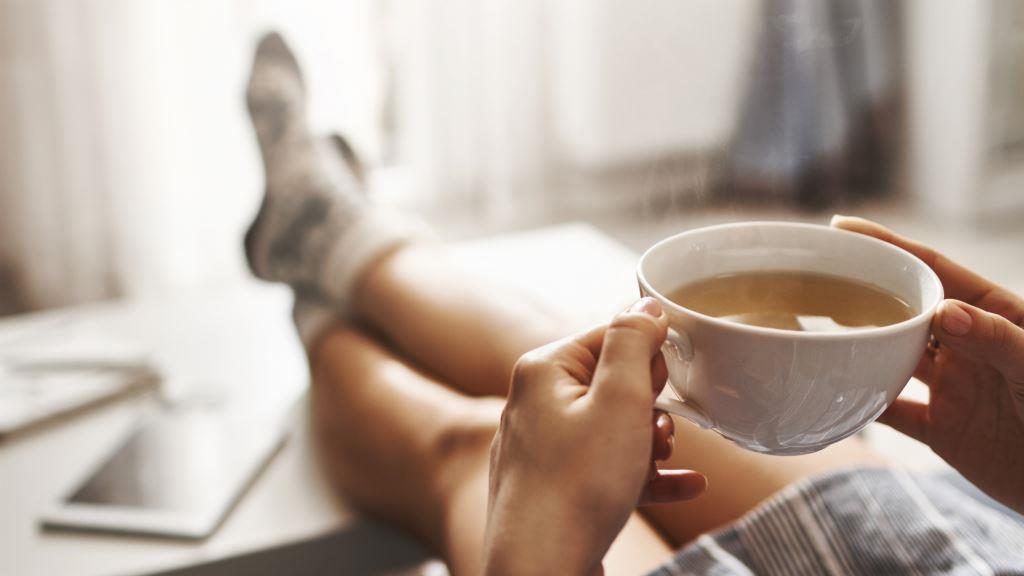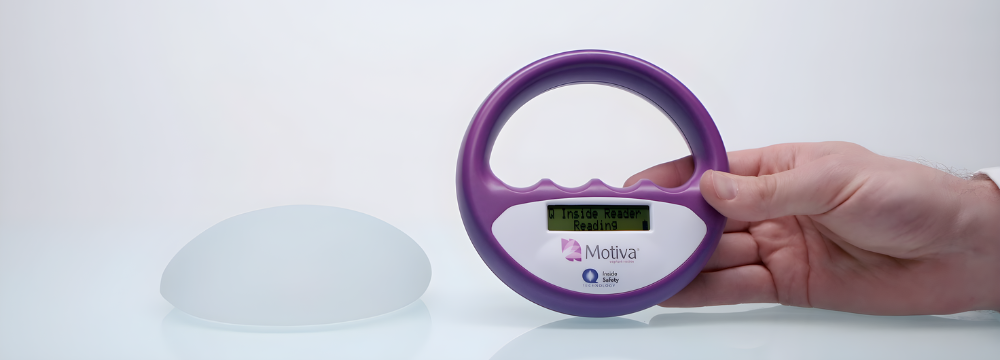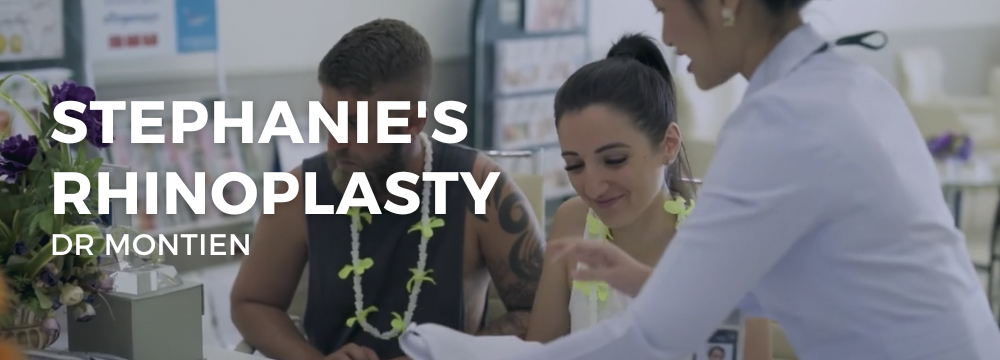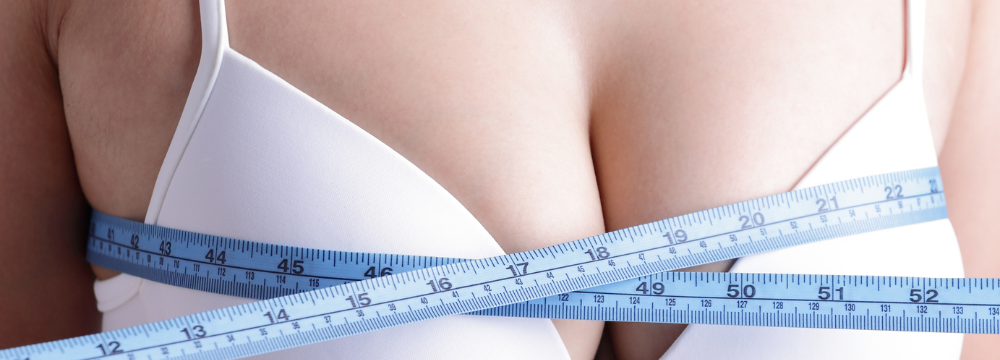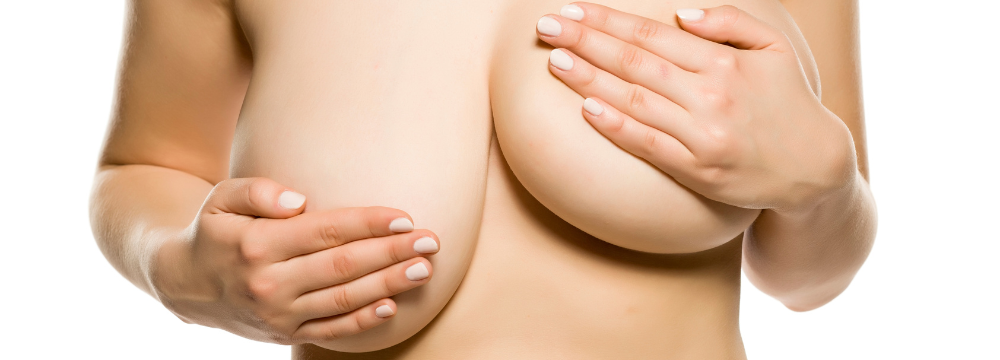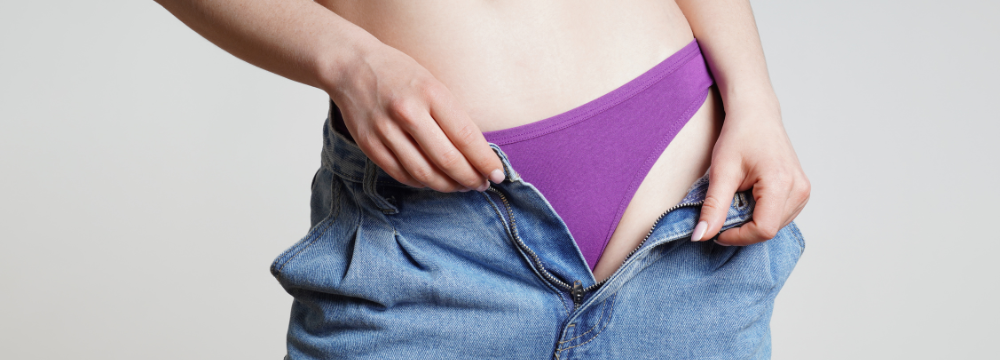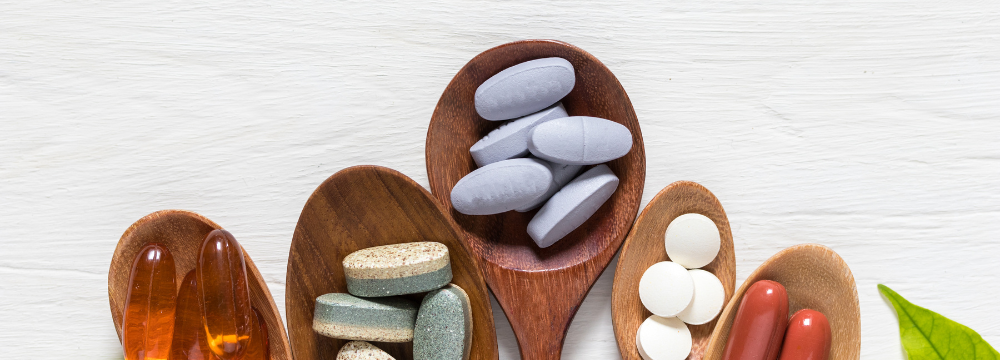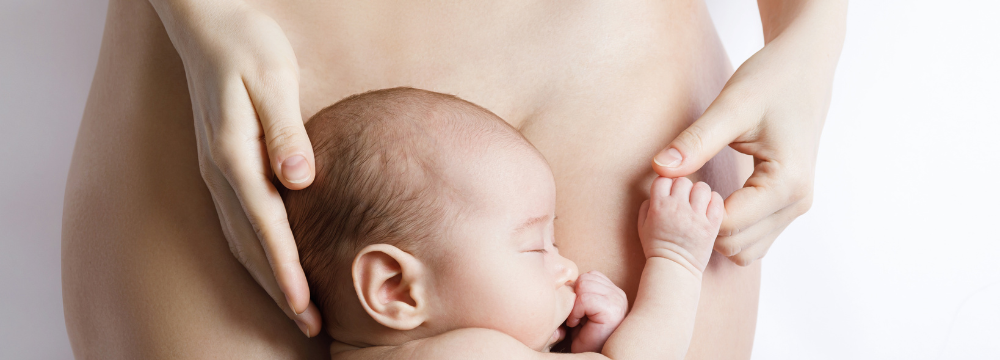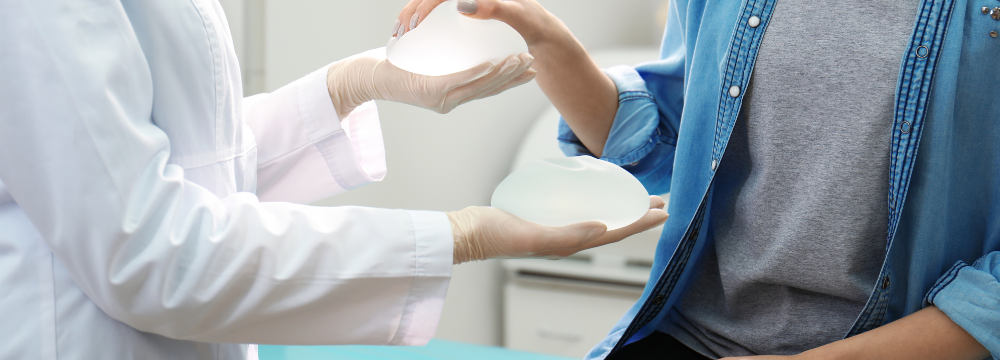Post Surgery Care
Careful post-surgery care and quality rest are paramount to your recovery. Your surgeon will provide you with care instructions that are specific to you, and you must follow these carefully to avoid complications and shore up the best possible outcome.
Looking After Your Wound
Looking after your wound well is vital.
Your Surgeon or Nurse will administer your wound dressings after surgery and again at your check-up before departure. In between, it’s very important that you:
- Don’t touch your wounds without gloves
- Don’t pull, tug at or scratch your wounds or stitches
- Don’t change or fiddle with your dressings without gloves
- Don’t get exposed to airborne bacteria. Do not remove the dressings in public areas like toilets, airports etc.
- Don’t let other people who are not medical professionals check or touch your wounds – especially without gloves
- Don’t allow water near your wounds to avoid water contamination – instead towel bathing is suggested
- Rhinoplasty patients – avoid excessive sneezing, blowing your nose & sleeping on your side. following
- Rhinoplasty patients – adhere to your surgeon’s “moulding” instructions
Your Bruising & Swelling
Some bruising and swelling is natural post-surgery.
The initial 48 hours post-surgery is when your bruising and swelling will peak and may last up to 14 days
For Rhinoplasty patients: your swelling may take 12 months to disappear
For prolonged swelling, please seek medical attention
Your bruising will change colour as it fades
If you have been instructed to wear a post-surgery support garment, it’s important that you wear it as instructed – it will assist in reducing swelling and provide additional support
Your Activity & Lifestyle
As you start to feel better you may have the desire to begin to increase your activity levels. Whilst this may seem ok, you must remember to take it slow and allow yourself time to heal.
- No smoking – you must abstain for at least 4 weeks post-surgery
- No alcohol – stay well hydrated but don’t drink any alcohol during your recovery
- No exercising – weights, running, etc. – your surgeon will advise when it’s safe for your to resume exercise
- No moving around excessively – pushing, pulling, carrying anything that is straining eg. luggage or shopping
- No straining – carrying medium to heavy loads, including shopping, children, pets, etc.
- No moisture – don’t let your wounds get wet through swimming, baths, showers, sauna, steam rooms & excessive sweating
- No direct sun exposure
When to Seek Medical Help
Immediately contact the hospital if in Thailand or upon return home, a local medical professional if you experience:
- Excessive pain or bleeding
- Fever or cold sweats
- Abnormal swelling or excessive redness
- Wound separation
- Increase pain with no change to your routine
- Or simply if something does not feel or look right
Your Time In Thailand
For safety reasons, you are required to stay in Thailand for the recommended time stated in your Surgery Recommendation.
This will ensure you are in close proximity to the hospital and your Surgeon in the event of any concerns.
Rest, Be Patient & Be Kind To Yourself
Realise that your results won’t be immediate. Your body will need time to heal after the procedure. This is not a process that can be rushed, so be patient with yourself and listen to your medical professionals on how you can aid your body through the recovery before you start judging your immediate results. Let common sense prevail post-surgery and resume everyday activities slowly and gradually to optimise your recovery.
Please note, this information should not be regarded as a substitute for the advice provided by your surgeon during consultation. All surgical procedures carry risks. Before proceeding, we recommend you seek a second opinion from a qualified health practitioner.
